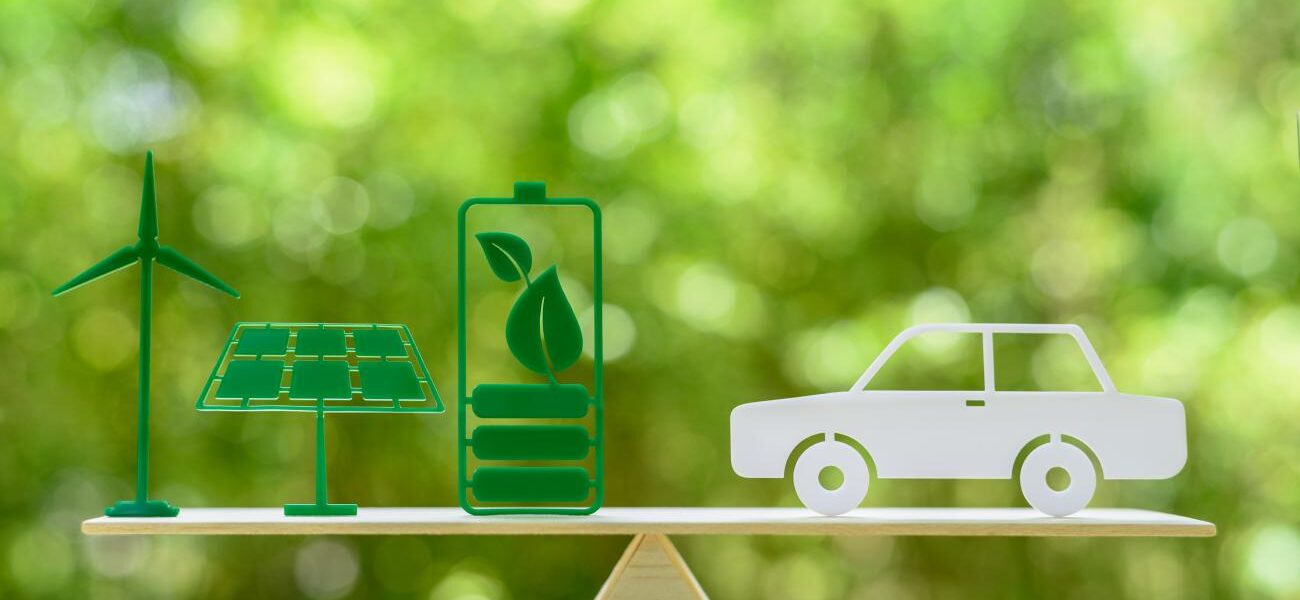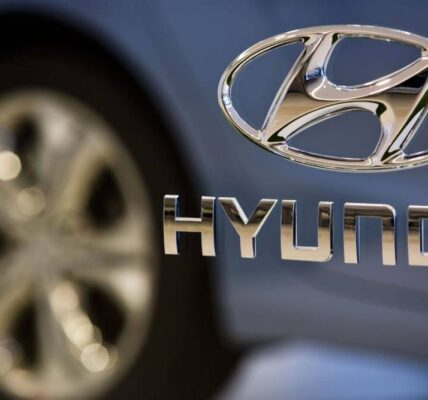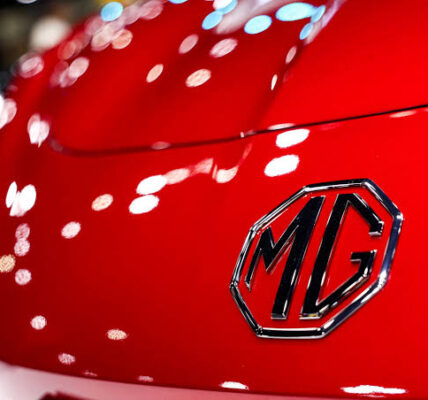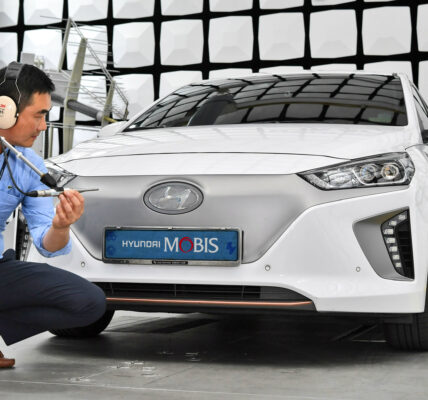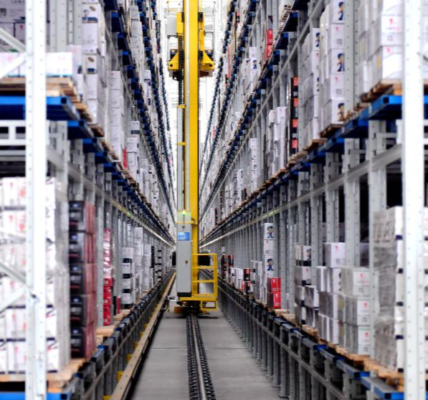Envirostream Australia, which is 90 per cent owned by Lithium Australia (LIA), has announced it will start recycling electric vehicle (EV) batteries.
A transition to electric mobility can help mitigate transport-related carbon emissions and therefore climate change, but there are concerns about what happens to the lithium-ion batteries that power them once they are spent.
The global battery recycling market is expected to grow by 6% to $A31.5 billion by 2025 as end-of-life (EOL) EV battery packs are increasingly disassembled to retrieve precious metals such as cobalt, nickel and lithium, according to industry analysts.
Envirostream Australia says that with a series of successful EV battery recycling trials now under its belt, it is in the position to become a first mover in the growing field, with recycling to begin in coming weeks.
According to LIA managing director Adrian Griffin, Envirostream’s recycling process reclaims 90% of electric vehicle batteries by weight.
“Envirostream offers a complete recycling solution for spent lithium-ion batteries, and in so doing is helping to safeguard the Australian environment by diverting toxic materials from landfill,” Griffin said in a statement when LIA upped its interest in Envirostream Australia to 90 per cent.
“With recycling yields exceeding 90% by weight, our business is a major contributor to the sustainability of the battery industry.”
Reports put Envirostream’s recycling capacity at 3,000 tonnes per annum.
In a statement made to the ASX , Envirostream Australia said that its two-year-long EV battery recycling trials, which were conducted on six different types of batteries, all went without incident.
“Envirostream can process these EOL battery packs safely, effectively, cost-efficiently and sustainably, thereby providing a sound and environmentally aware solution to their disposal going forward,” the company said in a statement.
Under a non-exclusive agreement, Envirostream Australia will start by transporting a small volume of EOL batteries from two suppliers in Australia and Brunei to its Melbourne-based battery recycling facility, where it will discharge any residual energy held in the batteries, and then disassemble the batteries.
The company expects that materials retrieved from the recycling process will then be used to create new battery cathode materials, thereby creating a circular economy.


